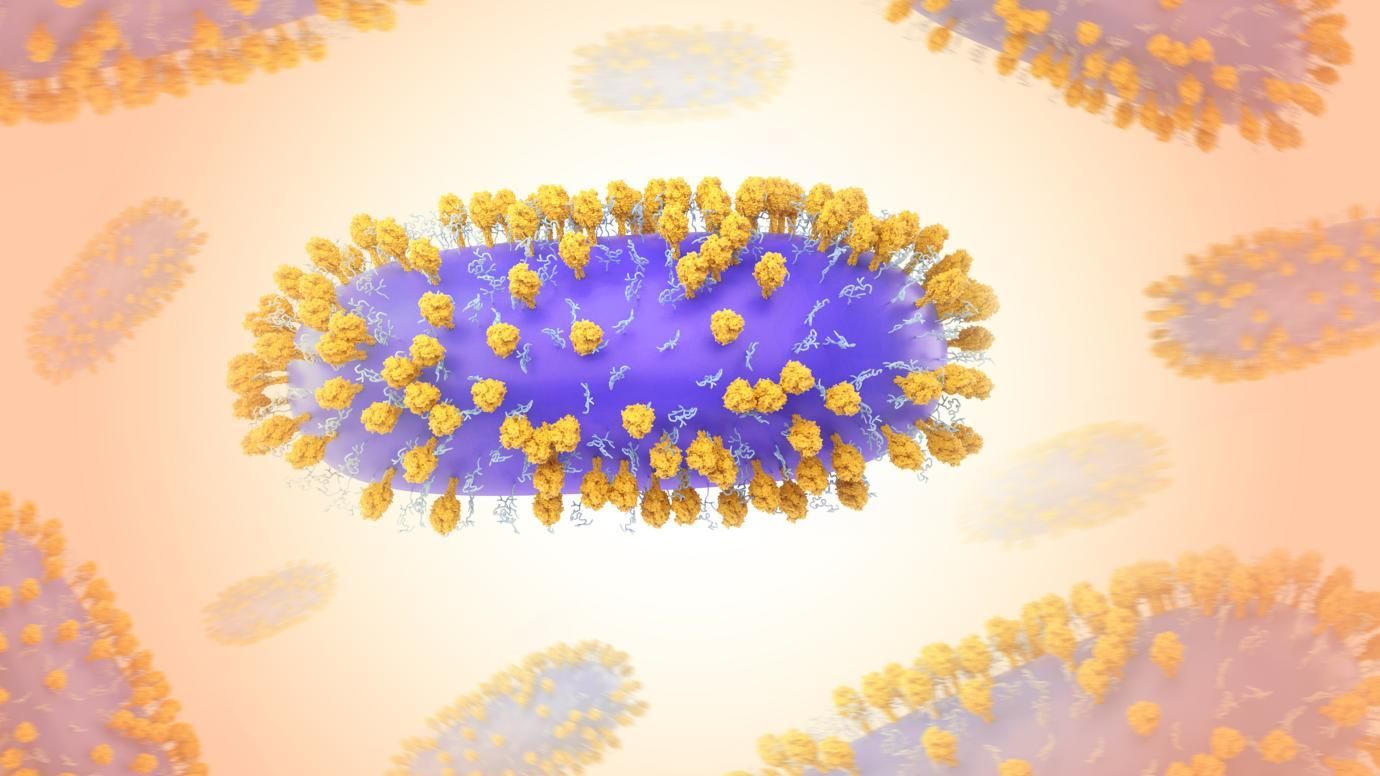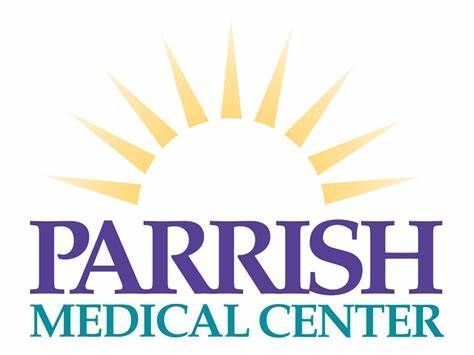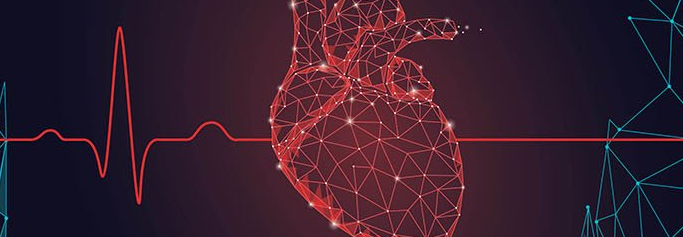Understanding the Connection Between Respiratory Syncytial Virus (RSV) and Your Heart
RSV can impact your heart health, exacerbate heart failure, or cause arrhythmias

Understanding the Connection Between Respiratory Syncytial Virus (RSV) and Heart Problems
Respiratory Syncytial Virus (RSV) is a common respiratory virus that typically causes mild, cold-like symptoms in healthy individuals. However, it can lead to more serious health complications in infants, elderly adults, and those with weakened immune systems or chronic heart conditions. Emerging research indicates a concerning link between RSV infections and the exacerbation of heart-related problems, particularly in high-risk groups. This article explores this connection and underscores the importance of RSV vaccination.
The Link Between RSV and Heart Health
RSV can have a significant impact on heart health by exacerbating existing heart conditions or triggering new cardiac issues. Individuals with cardiovascular diseases are at a higher risk of developing severe complications from RSV, including:
1. Heart Failure Exacerbation: RSV can increase the workload on the heart, potentially leading to the worsening of existing heart failure.
2. Arrhythmias: The stress and inflammation caused by an RSV infection may disrupt the normal electrical function of the heart, leading to irregular heart rhythms.
3. Increased Risk of Myocardial Infarction: Some studies suggest that severe respiratory infections like RSV can temporarily increase the risk of a heart attack.
Mechanisms of Impact
RSV leads to increased inflammation and stress on the cardiovascular system. The virus can trigger an immune response that, while fighting the infection, also causes inflammation throughout the body, including the heart. This can exacerbate symptoms in people with pre-existing heart conditions and increase the risk for cardiovascular events.
Vaccination: A Critical Defense
Vaccination against RSV is emerging as a crucial preventive measure, especially for those at higher risk of severe illness. The following points highlight the importance of RSV vaccination:
- Prevention of Severe RSV Infections: Vaccines reduce the likelihood of contracting severe RSV, thus minimizing the stress on the cardiovascular system.
- Reduction in Hospitalizations: By preventing severe disease, vaccines can reduce the number of hospitalizations due to RSV, especially in those with pre-existing heart conditions.
- Protection for Vulnerable Populations: Elderly adults, infants, and individuals with chronic illnesses or compromised immune systems stand to benefit significantly from vaccination.
Conclusion
The connection between RSV and heart problems is an area of active research and concern, particularly for individuals with existing cardiovascular conditions. Vaccination offers a promising avenue to mitigate these risks. As RSV vaccines become more widely available, it is crucial for at-risk populations and their caregivers to discuss vaccination options with healthcare providers.
Further Reading and Sources
For those interested in learning more about RSV, its implications for heart health, and the latest in vaccination efforts, the following sources provide reliable information:
1. Centers for Disease Control and Prevention (CDC) - Provides up-to-date information on RSV and vaccination guidelines.
2. American Heart Association (AHA) - Offers insights into how viral infections like RSV can affect heart health.
3. Journal of Infectious Diseases - Features studies on the impact of RSV on individuals with cardiovascular diseases.
This patient education article is intended to enhance awareness and encourage discussions between patients and healthcare providers about the potential cardiac risks associated with RSV and the benefits of vaccination.






